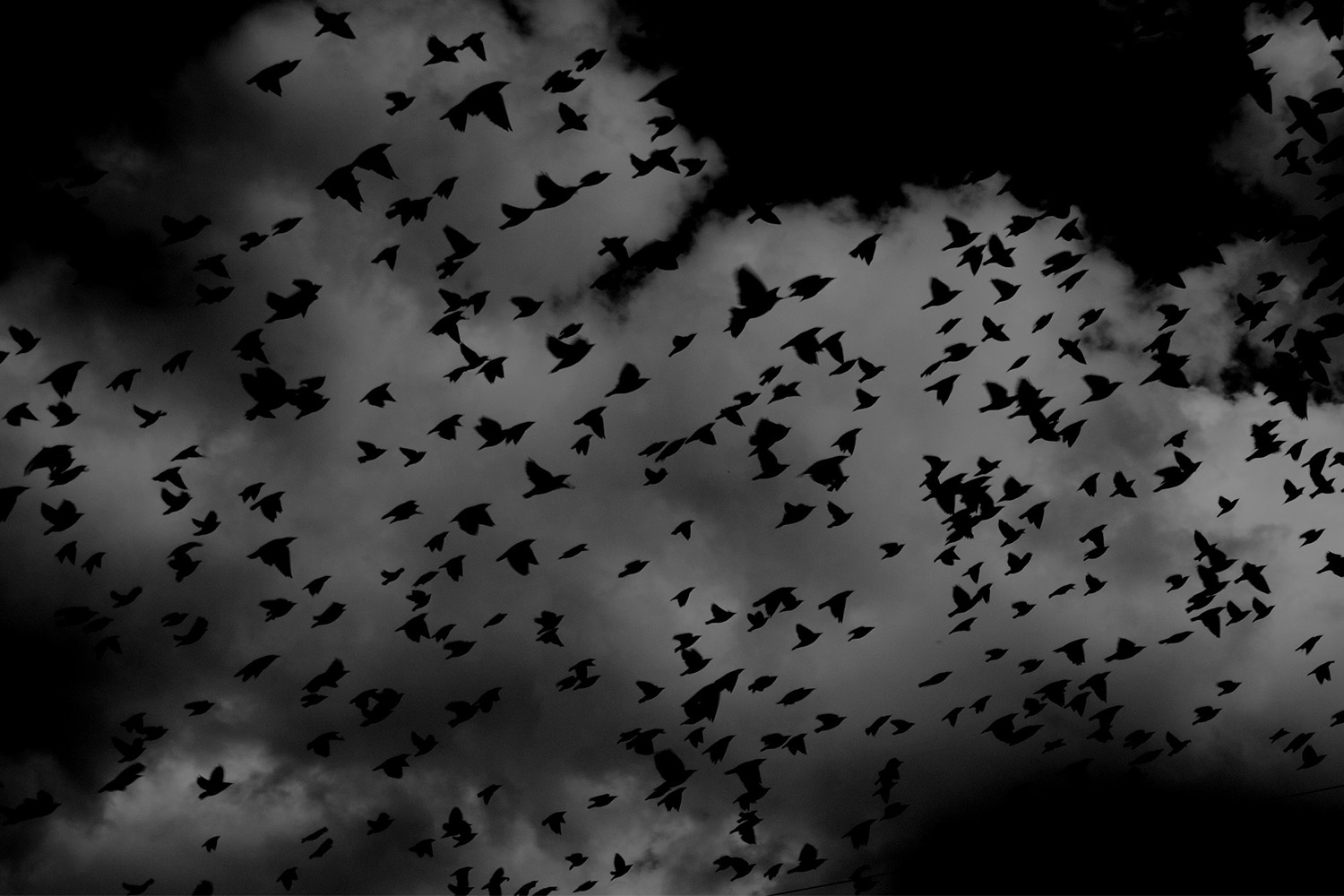At this point, it’s safe to say that natural sleep aids work. A cross-sectional study published in September of last year found that “sleep quality improved by 67.6% among those who used sleep aids.” Meanwhile, 88% of adults who take melatonin say it helps them fall asleep faster.
As someone who regularly frets about sleep latency and quality, I like to keep a jar of “just in case” OTC supplements on my nightstand, next to a swig of water. These days, I favor Beam’s Dream Capsules, a blend of melatonin, L-theanine, magnesium, hemp and reishi mushroom. (The first three ingredients are now extremely ubiquitous throughout the sleep supplement market.)Just one of those capsules always knocks me out. Sometimes even just the thought of taking one is enough to knock me out, and before I know it, I wake up to morning. There’s only one issue I have with sleep aided-shuteye, aside from my general concerns on any potentially habit-forming product. Sleep capsules give me crazy dreams.
Like: grisly, greenlight-worthy psych thrillers, wherein “characters” I haven’t see for a decade or more IRL chase me around empty buildings, empty islands, empty cities, etc. I get my eight hours of restorative sleep — I just have to survive a sleep aid nightmare along the way.
But it would appear it’s not just me. A quick visit to the subreddit r/sleep confirms that others online have commiserated over the same idea. And some big name brands, like ZzzQuil, have even seen fit to address the prospect of sleep aid nightmares in their FAQ sections. Why do the bad dreams happen, and is there a way to make them stop? We explore below.
Your Last, Best Defense Before Sleep Divorce
In which we sing the unheralded praises of the “split king” bedDeep Sleep = Vivid Dreams
The leading sleep supplement on the market, melatonin, is also the one most associated with wacky dreams. As Americans move away from anti-histamines, melatonin is skyrocketing in popularity; we spent $800 million on it in 2020, and one study found that five times as many American adults used it in 2018 than in 2000. Of those who did, they used it an average of 211 days throughout the year. To say nothing of the dependence factor at play there, that’s a lot of potential nights for a batshit nightmare!
Synthetic melatonin — intended to supplement the hormone, which is naturally-occurring in the brain and closely tied to one’s sleep-wake cycle — is safe, tested and usually only associated with a few low-key side effects: headaches, nausea, daytime drowsiness. The likelihood of these side effects seems to increase with higher dosages (5 mg or more).
Does that hold true with the risk of nightmares, too? Well, no one knows for sure. But there are some logical theories to explain the association in the first place. Melatonin helps us attain a deeper state of sleep (REM) then stay there for longer. As dreams typically happen during REM sleep, it’s stands to reason that melatonin-supported sleep is dreamier.
Meanwhile, dreams are closely related to your short-term moods and overarching psychological well-being. Some of us use melatonin as a last resort, after an hour or two of laying there, huffing and puffing about the injustice of insomnia. No wonder the dreams that follow are agitated or even scary.
Even for sleepers who start the night with a melatonin capsule — it’s part of the plan — it’s possible that consuming it could interact with the peptide vasotocin, which could compel more vivid dreams. Nightmare or not, you may wake up rubbing your eyeballs, wondering “What the hell was all of that?!”
The surefire advice here is to curb your melatonin usage where possible, or at the least, limit a single dosage to 3 mg or less. Try crafting a wind-down routine centered on lifestyle and environmental touch-points (lots of light in the morning, more exercise throughout the day, a better bed, an optimized bedroom temperature, etc.) before leaning too heavily on sleep aids.
If you need melatonin or something similar and the sleep aid nightmares become too much, see a specialist. If, on the other hand, you don’t mind a bit of nocturnal theater at all (sometimes, while shocked by the vividness, I’m just thankful I wasn’t awake all night), I shake it off and move on with my day. Just know you’re not crazy, no matter how crazy your dreams may be.
Whether you’re looking to get into shape, or just get out of a funk, The Charge has got you covered. Sign up for our new wellness newsletter today.
